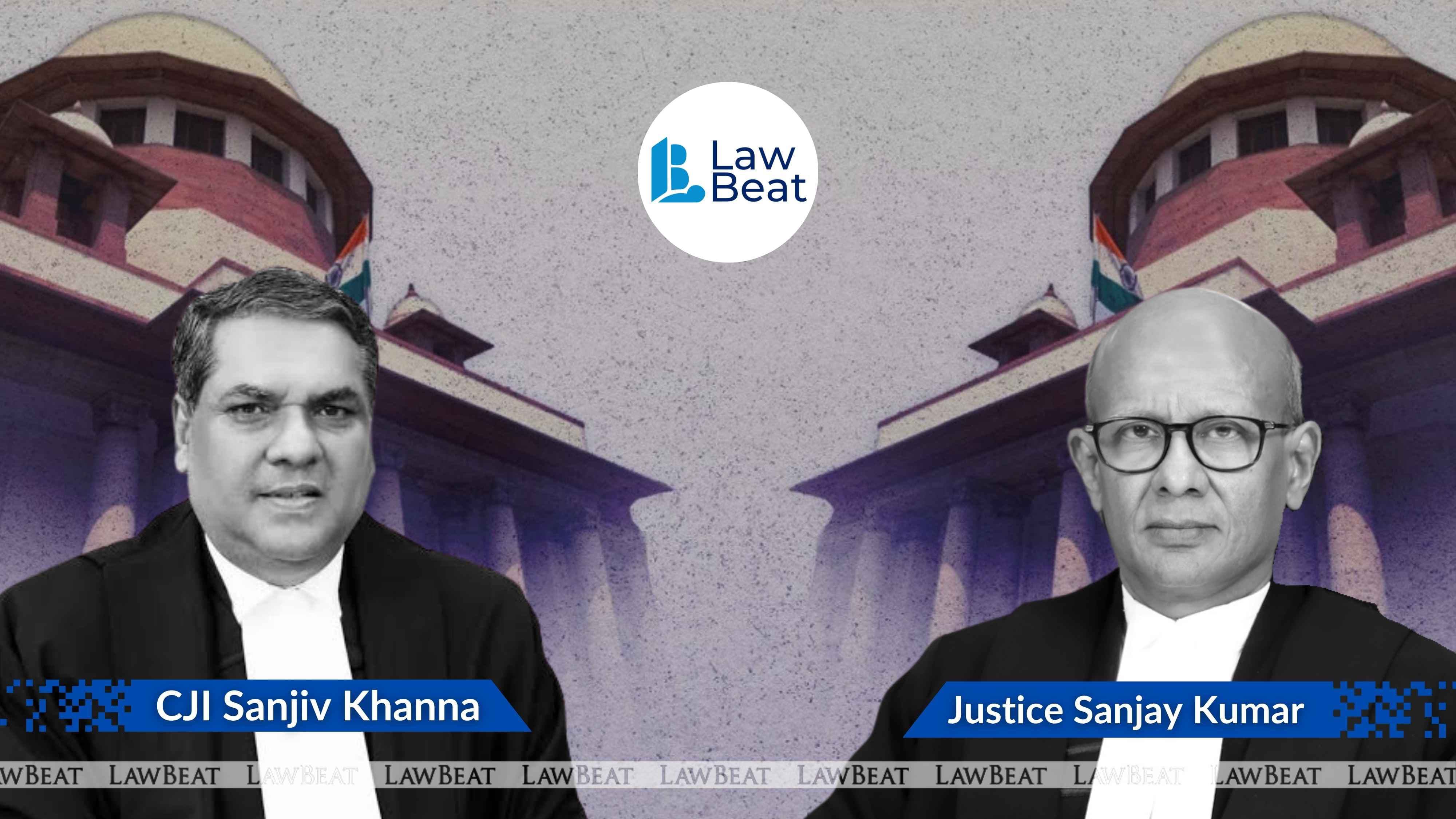Govt-Acquired Land for Public Use Cannot Be Privately Transferred by Beneficiary: SC

The top court rebuked the High Court for failing to consider key aspects of the arbitration award's validity while exercising its powers under Sections 34 and 37 of the Arbitration Act
In a significant judgment, the Supreme Court of India has recently ruled that government-acquired land for public purposes cannot be privately transferred back to the original owner by the beneficiary of the acquisition through a private agreement.
The court termed such actions a "fraud on the exercise of sovereign power by the State while setting aside the arbitration award and previous High Court rulings.
A bench of CJI Sanjiv Khanna and Justice Sanjay Kumar was dealing with an appeal filed by the Delhi Agricultural Marketing Board, challenging an arbitration award which had directed the board to return a portion of the acquired land to its owner.
"When the State uses its sovereign power of eminent domain and acquires land for a public purpose, as in the case on hand, i.e., for establishment of a grain market under the control of a statutory Board, such an exercise cannot be set at naught by the beneficiary of such acquisition, viz., the statutory Board, by entering into a private agreement shortly after the acquisition so as to reverse the usage of the power of eminent domain by the State," the court said.
The case arose from a land dispute involving 33 acres acquired by the government in 1963 for setting up a grain market in Narela, Delhi. The possession of the said land was taken over by the Delhi Agricultural Marketing Board.
Following this Bhagwan Devi (landowner) filed writ petition before the Delhi High Court, challenging the the acquisition of 6 bighas and 10 biswas of this land, claiming ownership through sale deeds.The case took a curious turn when the Board agreed to return half the acquired land for adequate compensation and on payment of 12% interest.
However, the Board later realized it did not have the authority to return government-acquired land. During a meeting, the authorities informed the Board that though possession of the acquired land was handed over to the Board, the land was still vested in the Government as no conveyance deed had been executed by the Government in favour of the Board.
Justice Sanjay Kumar, writing the judgment, remarked that the turn of events became "curiouser and curiouser" when the respondent took the matter to arbitration. The arbitrator ruled in favour of Bhagwan Devi, holding that the Board was competent to enter into the agreement dated September 30, 1988, and return 3 bighas and 5 biswas of land to her.
In 2013, the Delhi High Court upheld this award. The board then filed a special leave petition before the Supreme Court.
Given this, the top court ruled," Section 16 of the Act of 1894 puts it beyond doubt that, upon possession being taking over on 22.09.1986, the acquired land vested absolutely in the Government free from all encumbrances. Significantly, the power of withdrawal from an acquisition, under Section 48 of the Act 1894, can be exercised by the Government only in respect of an acquisition where possession of the land has not been taken. Therefore, it was not open even to the Government to withdraw from the acquisition of the subject land after possession was taken over on 22.09.1986, evidenced by proper documentation."
Accordingly, the court allowed the appeal and set aside the High Court's ruling.
Case Title: Delhi Agricultural Marketing Board, through its Chairman Versus Bhagwan Devi (Dead), through her LR.
